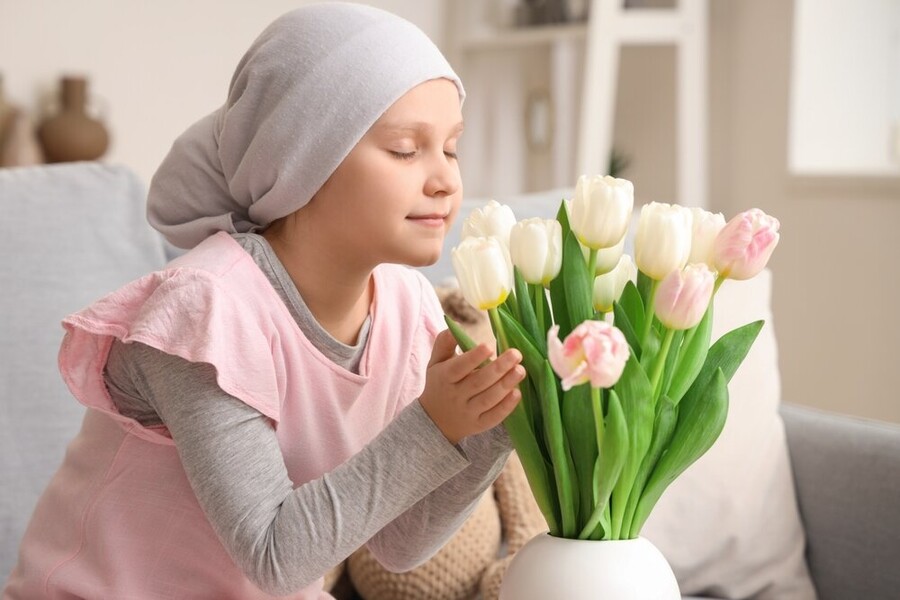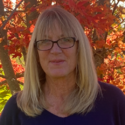Too many of our lives are touched by cancer. I’ve lost several people to this terrible disease, including my mother, an uncle and one of my dearest friends. This is one of the reasons I’ve devoted my career to shining a light on environmental drivers of cancer, and what can be done about them.
Cancer prevention is one of our core focus areas at CHE. We highlight the latest research on cancer-causing agents like pesticides and plastic chemicals, putting actionable information into the hands of policymakers, advocates, and families.
The CHE community also explores emerging questions like “why do more young people have certain types of cancer than they have had in the past?” And “what do we know about links between cancer and hormones, and how that might in turn be tied to hormone disrupting chemicals?”
People & science at the center
Right now, we’re also coordinating a conversation among all the programs that touch on cancer under the Commonweal umbrella. We’re exploring whether synergies across this work might make the whole more than a sum of parts — and bring new value to the communities we serve.
While the focus of our work may be quite different, there are core commonalities. The most central? We’re all dedicated to the health and wellness of people who come to us for support and information. We’re also all deeply rooted in the world of science, and committed to building supportive communities.
This looks quite different across the programs. At CancerChoices, it means sharing cutting edge science on integrative oncology with individuals and families who are navigating the overwhelming world of cancer care. At the Cancer Help Program, it means bringing people with cancer together to learn, share and support each other at the beautiful retreat center in Bolinas.
For Healing Circles, it’s meant initiating a strand of work specific to cancer, where people worldwide can gather to share their experiences and learnings in a safe, supportive space — either virtually or in person. And for The New School, it means amplifying voices of leading thinkers and doers who are exploring all aspects of cancer in society, from grassroots organizing for prevention to the latest science of whole person cancer care.
Blending ferocity & tenderness
All of this work also shares an understanding that cancer is wrong, and there shouldn’t be so much of it. While survival rates may be improving as various approaches to treatment evolve, navigating cancer care is an experience we all want to avoid.
The truth is, cancer is not normal. The ongoing increases in childhood cancer are particularly horrifying. Our work at CHE shows that these types of cancer — including brain tumors and leukemia — have particularly close links to hazardous exposures during fetal development or early childhood.
So in addition to supporting individuals who are diagnosed with cancer with gentle tenderness, we are fiercely fighting for a world with less cancer. We hope you’ll join us in this collaborative work.
This blog was also shared via the Commonweal website and newsletter.


